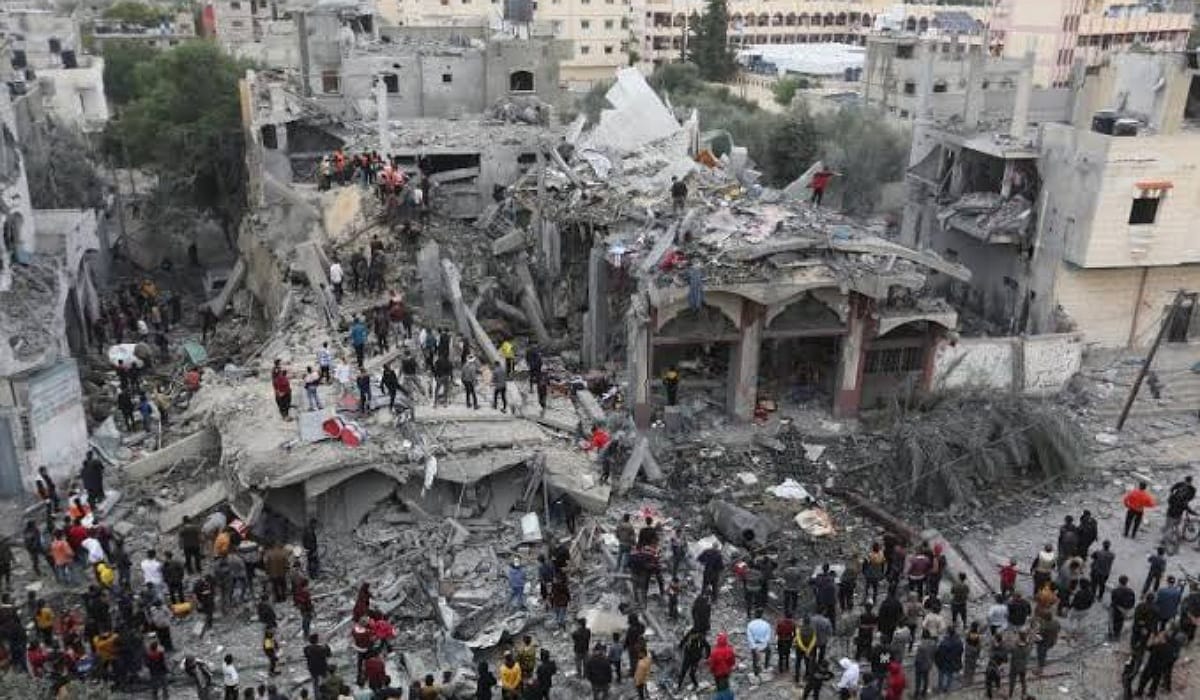The Truce with Israel: Challenges of Implementing Resolution 1701 and Lebanon’s Position on US Conditions

As part of efforts to reach a cessation of the ongoing fighting between Hezbollah and Israel, the US ambassador to Lebanon submitted a draft ceasefire proposal to Lebanese Parliament Speaker Nabih Berri, according to informed political sources quoted by Reuters. Although the sources refrained from revealing the details of the draft, available information indicates that it includes multiple proposals seeking a truce with Israel and calming the volatile situation in southern Lebanon.
This draft comes at a time when negotiations are ongoing between the various parties with the aim of establishing a comprehensive and permanent truce. Informed sources stated that Beirut is committed to the full implementation of UN Security Council Resolution 1701, which previously called for a cessation of fighting between Israel and Hezbollah and the establishment of a weapons-free zone in southern Lebanon under the supervision of the UNIFIL forces. Despite this initial agreement on the resolution, there are disagreements over some details, especially in light of an American condition regarding how to deal with violations of the agreement.
Challenges to implementing the agreement and details of the disagreements:
According to Lebanese sources, the most prominent points of disagreement between Lebanon and the United States are Beirut’s refusal to include international observers from Germany and Britain in the committee to follow up on the implementation of Resolution 1701. Beirut, however, agrees to include only American and French observers. This point is sensitive, especially for Hezbollah, which considers the presence of observers from other countries to threaten its interests or provide broader international cover for interference in Lebanon’s internal affairs.
The Lebanese position also rejects any temporary ceasefire, as Lebanese officials stress the need to reach a permanent and comprehensive cessation of the war. Lebanon has expressed its willingness to make some concessions, such as deploying 5,000 additional soldiers in the south and strengthening the UNIFIL forces deployed there, with the aim of enhancing security and stability and facilitating the return of the displaced to their villages.
Despite the efforts made to reach a common understanding, the path still faces many challenges, the most important of which is the American condition that states that “any breach by Hezbollah will be reported to UNIFIL forces, which in turn will notify the Lebanese army, and if the Lebanese army does not take the necessary measures to address this breach, the Israeli army will intervene.” This condition is a source of great concern for the Lebanese government, which sees it as a violation of the state’s sovereignty and a direct interference in its defense affairs. This condition led to the postponement of the visit of US envoy Amos Hochstein, as the US ambassador informed Lebanese officials that Hochstein would not visit Lebanon until he was certain that there was common ground to reach an agreement.
Israeli statements and Lebanon’s position:
On the Israeli side, Israeli Energy Minister and member of the Israeli security cabinet, Eli Cohen, made statements indicating that Israel is closer than ever to reaching an agreement with Hezbollah, according to Reuters. However, Cohen stressed the need for Israel to retain its right to carry out military operations inside Lebanon in the event of violations of the expected agreement.
This statement raises concerns in Lebanese circles, as allowing Israel such a right may be viewed as an open-ended mandate that could lead to repeated Israeli interventions in Lebanese territory under the pretext of “combating violations,” making reaching a permanent truce with Israel a complex and challenging issue.
Lebanese reactions to the terms of the truce:
In the face of the American and Israeli conditions, the Lebanese government expressed its reservations about a number of points that it believes may restrict its sovereignty or negatively affect the role of the Lebanese army. In this context, Lebanon stresses the need to adhere to Resolution 1701 as it is, without adding new conditions that might lead to a decline in Lebanese sovereignty or a narrowing of the role of the Lebanese Armed Forces in imposing security.
Some observers believe that Beirut’s position reflects a keenness to avoid falling into the trap of “changing international demands,” as the government fears that the terms of the truce will become a means of imposing new policies by external parties, which could hinder any future efforts to restore full stability.
Suggested for you: Marco Rubio
The future path of the potential truce in southern Lebanon:
With negotiations continuing between the conflicting parties and in conjunction with increasing international pressure to achieve an immediate and permanent ceasefire, the fate of the truce with Israel in southern Lebanon remains subject to consensus among various local, regional and international powers. However, current challenges, particularly those related to sovereignty and monitoring mechanisms, make achieving an agreement complicated.
On the other hand, enhancing cooperation between UNIFIL and the Lebanese army on the one hand, and between Lebanon and the countries of the international community on the other hand, may contribute to creating a more stable environment and limit military escalation.


Comments